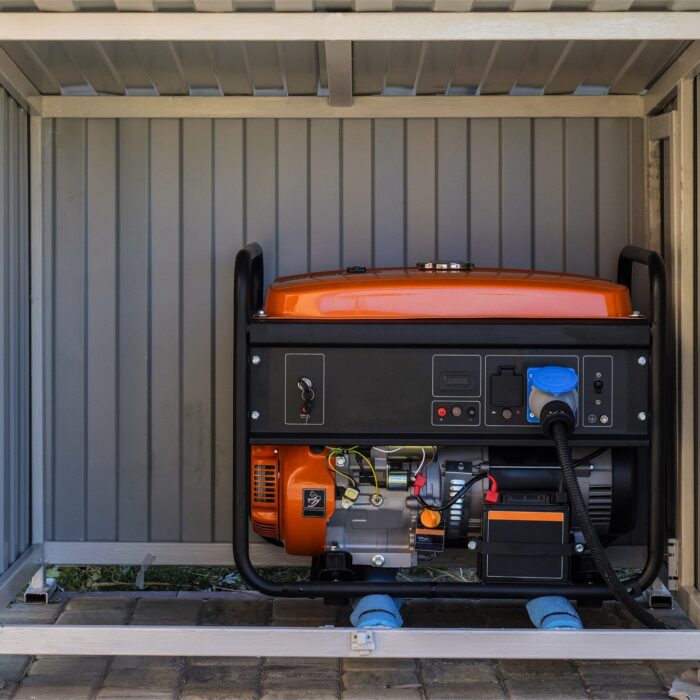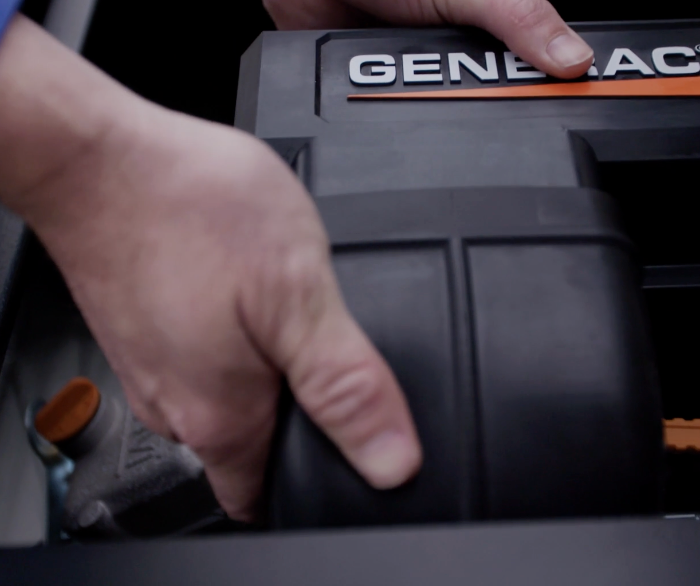In August of 2021, around 1.2 million people in Louisiana were left without power due to Hurricane Ida. For some people, these outages lasted for over two weeks. Hurricane Nicholas hit two weeks later, leaving customers in Mississippi, Texas, and Louisiana without power. Unfortunately, we can’t always control the weather or power outages. However, we can plan for them. A whole-house generator can keep your household running when the power goes out. But, before you buy, it’s important to consider various factors surrounding the placement of a whole-house generator.
These factors can play into your decision about the type of generator you buy. Keep reading to learn more.
Codes and Requirements
Codes and requirements play a crucial role in determining where you can place your whole-house generator. Local codes and regulations often dictate the specific guidelines for generator placement. These codes ensure that the installation meets safety standards and doesn’t violate any zoning laws.
When it comes to generator placement, most jurisdictions require certain clearances around the unit to prevent fire hazards or obstruction of airflow. For instance, there might be minimum distances required between the generator and combustible materials such as walls or fences.
In addition, you’ll need to consider any codes and requirements from the National Fire Protection Association and utility companies.
Manufacturer Requirements
Another factor to consider is the manufacturer’s requirements. Every generator brand has its own set of guidelines on where the unit should be placed for optimal performance and safety.
Clearance Distances
Manufacturers often specify clearance distances around the generator. This means that there should be a certain amount of space between the unit and any surrounding structures or objects. These clearance distances are important for proper ventilation and maintenance access.
Installation Surfaces
Manufacturers may have specific recommendations regarding installation surfaces. Some generators need to be installed on concrete pads or gravel bases, while others can be placed directly on level ground. It’s crucial to follow these guidelines to ensure the stability and longevity of your generator.
Connections
Manufacturers may require certain electrical connections or fuel supply specifications for their generators. They will provide instructions on how to properly connect the unit to your home’s electrical system and fuel source. Following these requirements is essential for safe operation and compliance with local regulations.
Failure to follow these requirements could void any warranty coverage on your generator. Make sure you carefully read and follow all manufacturer instructions.
Fuel Source
The type of fuel your generator runs on will impact where it can be safely located.
If you have a natural gas generator, placement options may be more limited since it must be located near the existing gas line. This means that you’ll need to carefully consider the layout of your property and ensure there is enough space for both the generator and any necessary connections.
On the other hand, if you have a propane generator, you have more flexibility in terms of placement. You can choose where to install the external tank based on factors such as convenience and accessibility. Keep in mind that propane tanks should be located at least 10 feet away from windows, doors, and vents for safety reasons.
Remember that regardless of which fuel source your generator uses, proper ventilation is crucial. Generators produce exhaust fumes that need to be directed away from living areas to prevent carbon monoxide buildup.
Weather Conditions
Different weather conditions can impact the performance and longevity of your generator. It’s crucial to choose a location that will protect it from the elements.
Cold Weather
Extreme temperatures can be detrimental to your generator’s engine and other components. Cold weather, in particular, can cause issues with starting and running the generator smoothly. Placing your generator in a well-insulated area or using a cold-weather kit can help prevent these problems.
Hot Weather
Hot weather can also affect the performance of your generator. Excessive heat may lead to overheating and potential damage if proper ventilation is not provided. Ensuring adequate airflow around the unit by placing it in an open space or using fans for additional cooling can help prevent such issues.
Humidity and Rain
In addition to temperature considerations, you should also think about moisture exposure. If the generator is not properly protected, high humidity or rain can lead to corrosion and electrical problems. Placing your generator in a dry area away from direct water sources is recommended.
Extreme Weather Events
When deciding where to put your whole house generator, take into account extreme weather like hurricanes or heavy snowfall. When choosing a location, prioritize minimizing damage from strong winds and heavy snow. Also, consider easy maintenance and refueling.
Noise
Generators can be quite loud, especially when they are running at full capacity. This can be a concern if you have neighbors close by or if you simply don’t want the constant hum of a generator in your backyard.
To minimize the noise impact during power outages, it’s best to place the generator as far away from living areas as possible. This could mean positioning it on the opposite side of your property or even installing soundproofing measures around the unit. Additionally, consider any potential obstructions that could help muffle the sound, such as trees or fences.
Another option for reducing noise is investing in a quieter model of generator. Many manufacturers offer generators specifically designed to operate with minimal sound output. While these models may come at a higher price point, they can provide significant benefits in terms of noise level.
Regular maintenance and proper installation can also contribute to minimizing noise levels. To avoid vibrations and rattling noises, make sure to securely fasten and regularly service all components.
Placing a Whole-House Generator: Get Help From the Experts
Determining the ideal location for your whole house generator is a crucial decision that should not be taken lightly. To make the best choice, think about all the factors for placing a whole-house generator.
Are you ready to ensure that your home has backup power for when the lights go out? Don’t stress out over the placement! Generator Supercenter Heartland provides top-notch products and skilled technicians for repairs, maintenance, and installation.
Let us offer comfort and peace of mind to your family. Contact us today to start your quote.





